We work with partners who share our commitment to catalyzing opportunity for underserved communities and residents. Partners who want to redefine their business—and their impact.
We invite you to join us in helping build an equitable America. Contact Us.
Meet Some of Our Partners
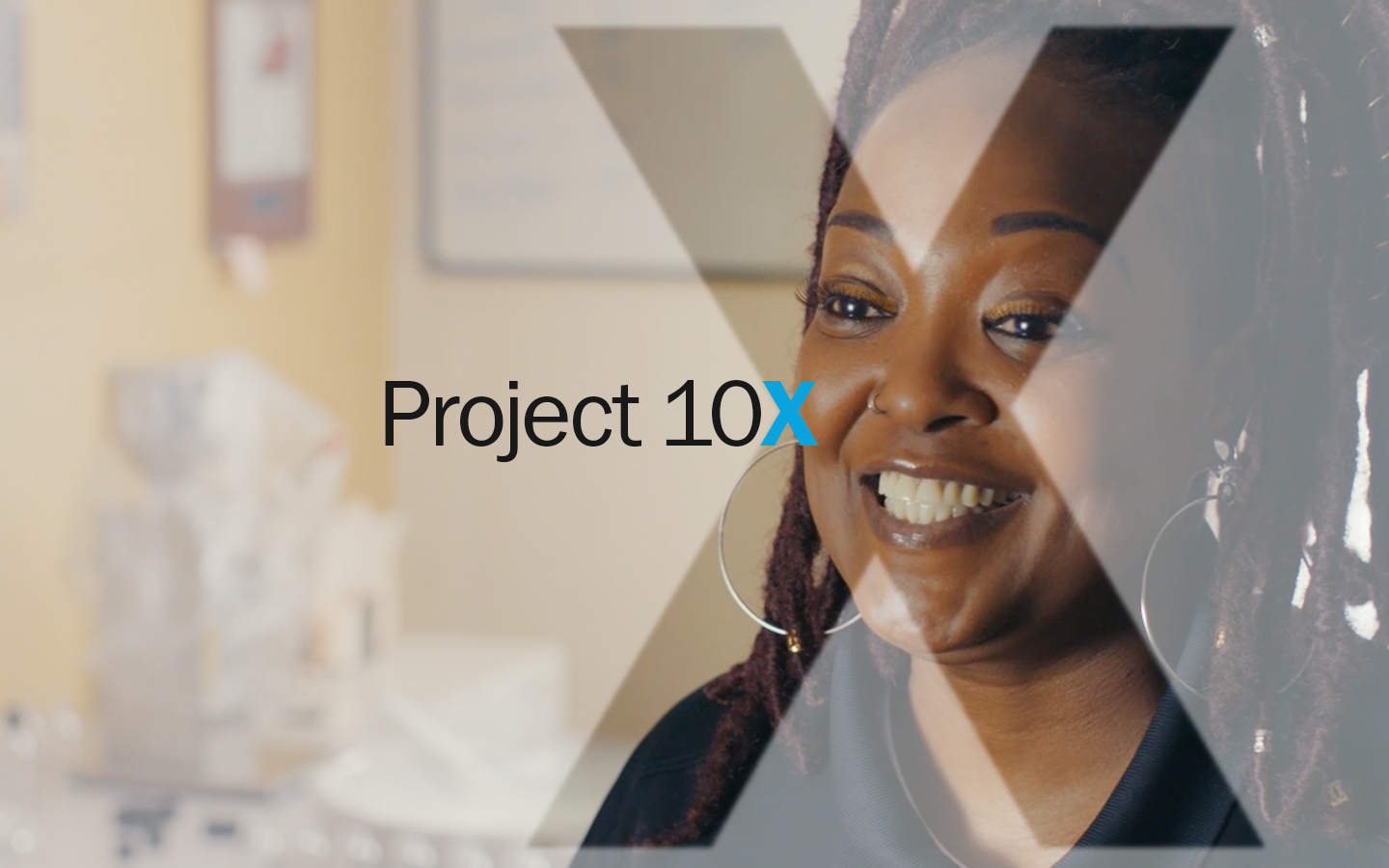
We are grateful for our partners, both new and long-standing, that have joined LISC in Project 10X to address the racial health, wealth, and opportunity gap.

JPMorgan Chase has been providing important support to LISC for nearly 40 years. For example, in 2020, LISC received a $12.5 million grant to manage the successful Entrepreneurs of Color Fund (EOCF) on a national scale, and a $1.5 million grant to expand EOCF in Atlanta, which will build the capacity of CDFIs to increase their small business lending. Our joint efforts have led to increased investments in Black, Indigenous, and people of color (BIPOC)-owned businesses, providing much needed capital for entrepreneurs of color to catalyze business expansion and asset building.

In response to COVID-19, Verizon moved quickly to inject $7.5 million in partnership with LISC to create the Verizon Small Business Recovery Fund, which deployed grants to small businessses impacted by the pandemic, most of them minority- and women-owned. To date, more than 775 entrepreneurs in underresourced communities across the country have been able to put those grants to work to keep their doors open.
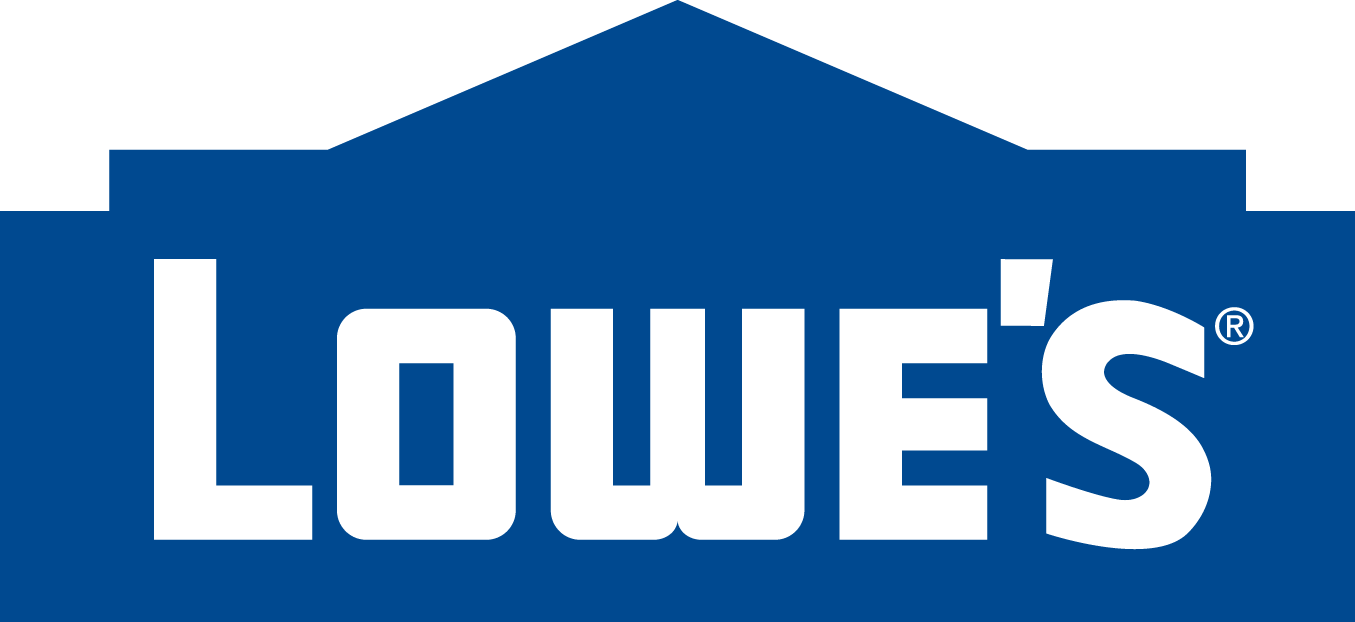
Lowe’s partnered with LISC to assist small businesses—especially minority- and women-owned enterprises, many of which have struggled to tap into traditional capital streams and need fast access to funding to survive the economic fallout of the COVID-19 pandemic. Their $55 million investment to LISC will support thousands of entrepreneurs and small businesses—with $25 million earmarked for rural America.
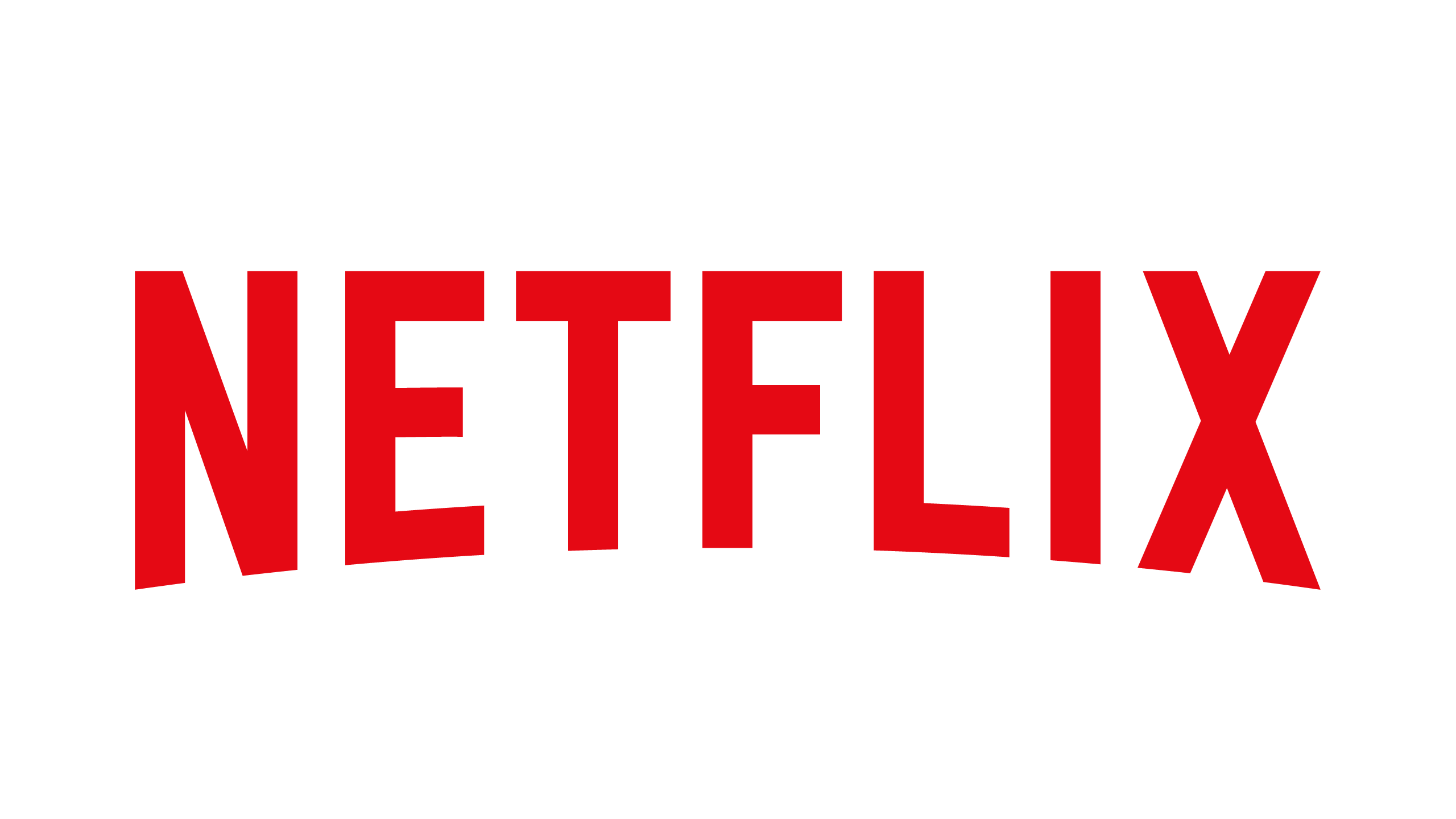
As part of its effort to promote racial equity, Netflix partnered with LISC to create the Black Economic Development Initiative, which supports financial institutions and organizations that directly benefit Black communities in the U.S. The $25 million partnership invests in Black-led and owned banks, Black business enterprises and historically black colleges and universities.
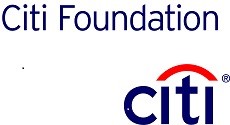
Citi Foundation expanded its long-standing partnership with LISC to help bridge the skills gap that prevents so many from accessing 21st-century living wage jobs and careers. A $10 million grant to our Bridges to Career Opportunities program means that thousands of people will receive training and other services to prepare for long-term employment, now with enhanced support to help them navigate setbacks due to the COVID-19 pandemic.
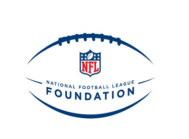
Recreational space is a both a training ground for youth teamwork and growth, and a neighborhood asset that community members can enjoy and take pride in. For 20 years, the NFL Foundation has worked with LISC to build and refurbish football fields in historically underinvested communities across the U.S. This enduring example of our sports-related partnerships has invested $61 million to bring new life to 376 neighborhood fields.
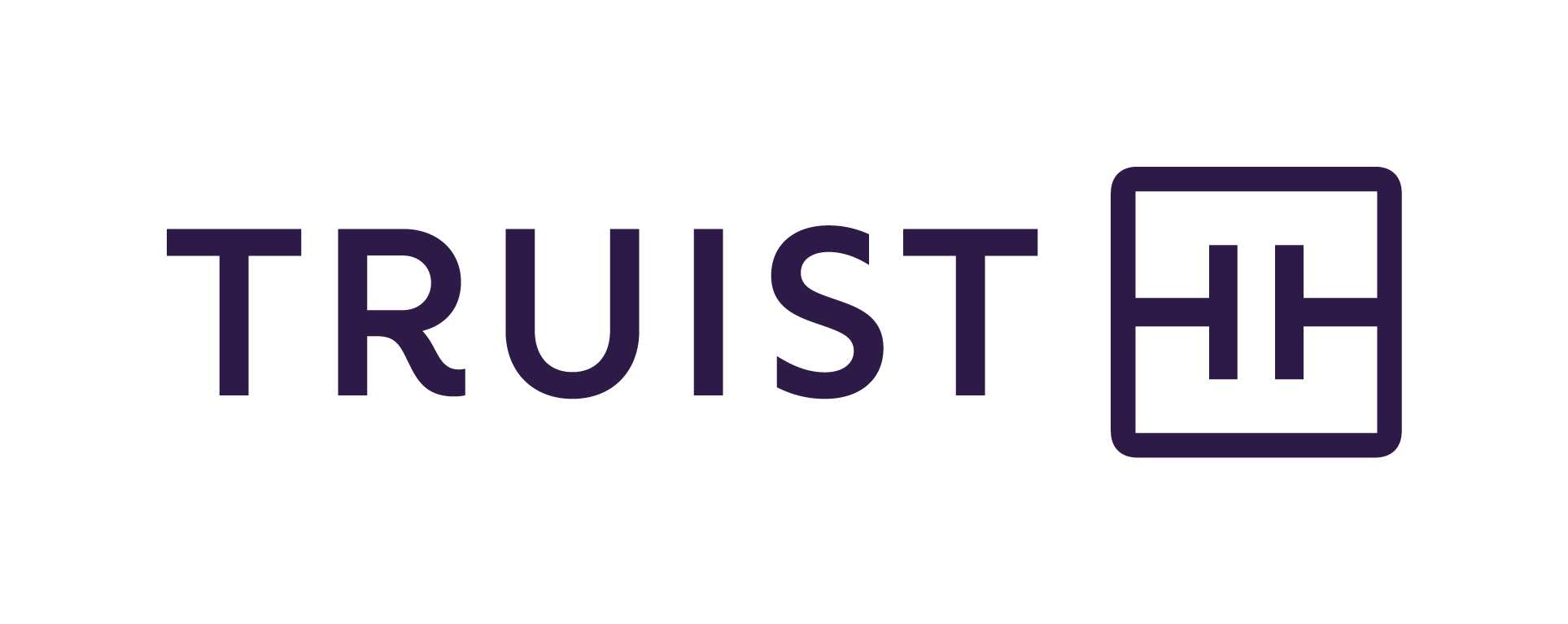
Truist partnered with LISC to direct $5 million of their $50 million Truist Cares funding to help small businesses stay open and equip communities with the infrastructure they need, now more than ever, to stay connected and economically viable. Their partnership dovetails with LISC’s commitment to narrow the digital divide and improve broadband access in rural America.

MetLife Foundation, a longtime LISC partner, has invested $8.25 million in our national network of Financial Opportunity Centers, which provide employment services, one-on-one financial coaching and low-cost financial products. In the wake of the COVID-19 pandemic, MetLife Foundation committed $500,000 to deliver immediate assistance to families, including emergency cash funds for basic expenses.

Sentara Healthcare and Optima Health joined forces with LISC to make a $100 million investment to address social determinants of health in underserved communities across the Commonwealth of Virginia. This investment builds upon Sentara’s and LISC's shared commitment to create healthier communities and improve the quality of life for residents most in need.
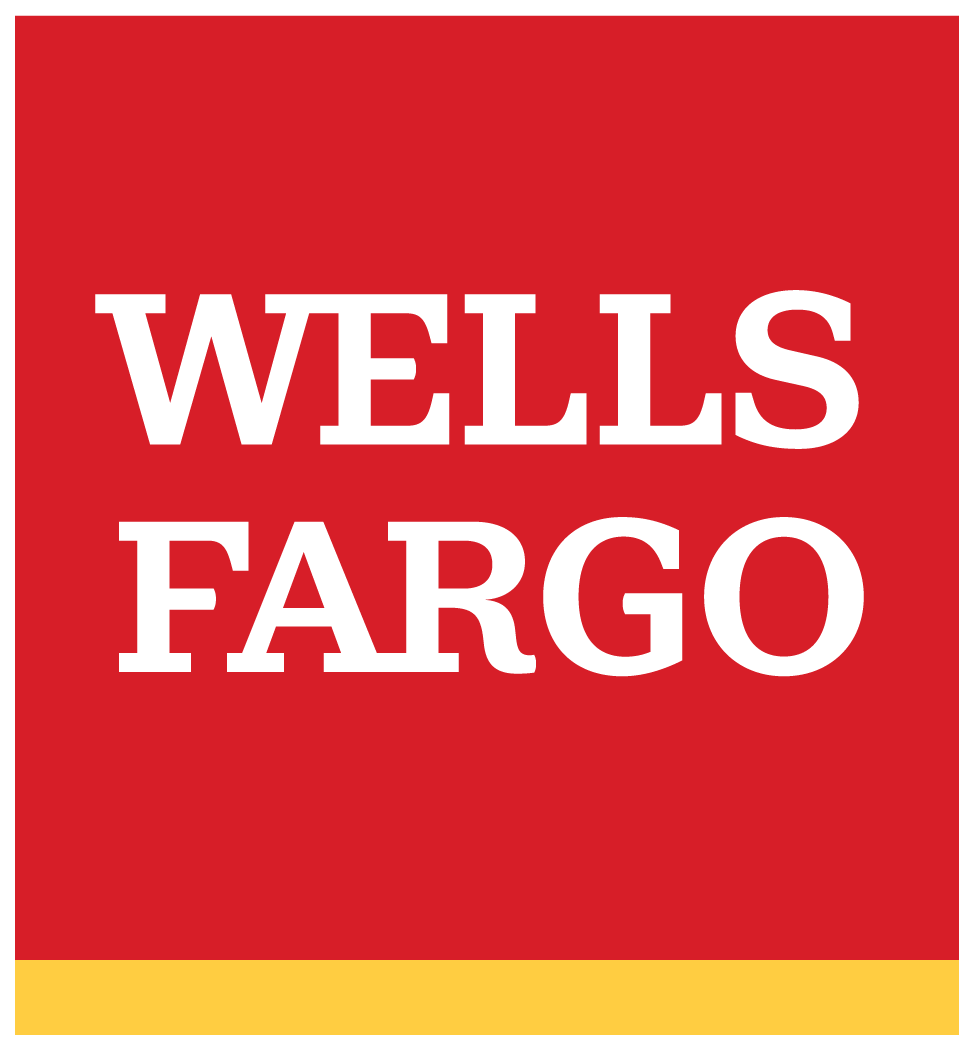
Wells Fargo is deploying $15 million in funding to LISC to provide capital and technical support for meaningful economic recovery, especially for Black entrepreneurs and other minority-owned businesses. This is part of a larger $400 million commitment from Wells Fargo to support small businesses impacted by COVID-19 through its Open for Business Fund.
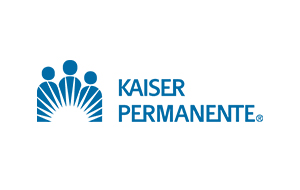
Kaiser Permanente partnered with LISC to spur inclusive economic recovery and development in communities around the country. Our $60 million investment partnership, complemented by $8 million in grant funding from Kaiser Permanente, is tackling interconnected health, wealth and opportunity gaps, particularly for people and communities of color.

State Farm is a long-time LISC partner. Since 2000, its investment in LISC has leveraged over $11 billion in additional support to help communities across the country. State Farm’s recent $4 million grant is helping LISC advance efforts to create communities of opportunity in Atlanta, Bay Area, Chicago, Houston, Indianapolis, Milwaukee, New York City, Peoria, Philadelphia, Phoenix, Tacoma, WA, and Twin Cities. State Farm’s grant is also supporting the provision of national expertise and resources around economic development, workforce development, safety and justice, health, and affordable housing.

Synchrony and the Synchrony Foundation partnered with LISC to promote equitable economic recovery in low-income communities that were hardest hit by the COVID-19 pandemic. Through the deployment of grants to small businesses in 10 markets across the country, their $2 million investment prioritizes women-owned businesses, businesses owned by people of color, veteran-owned businesses, and businesses in underserved communities. Synchrony is also providing critical support for business development organizations to further bolster small businesses in each of their priority markets.

When ProMedica understood that broad economic and social issues — the social determinants of health — had to be addressed if ProMedica was to fulfill its mission to create a healthier community, they reached out to LISC to develop a pioneering partnership to upend the roots of poor health. With a joint $45 million investment in Toledo’s residents and underserved neighborhoods, ProMedica and LISC are scaling up economic opportunity to improve health outcomes in Toledo and the surrounding region over the next decade.